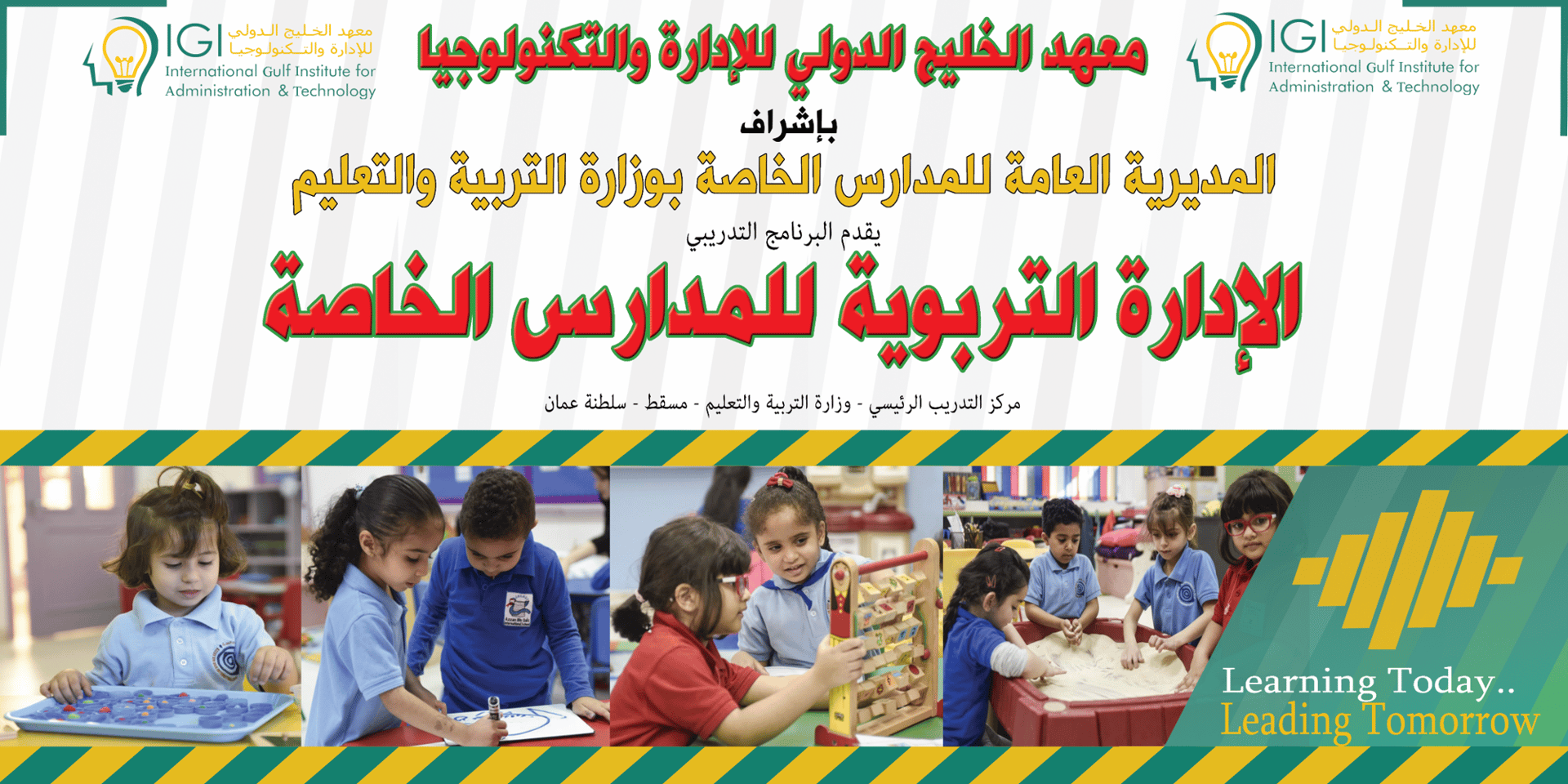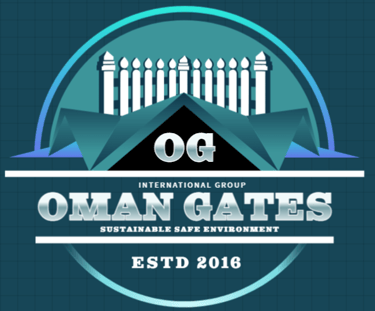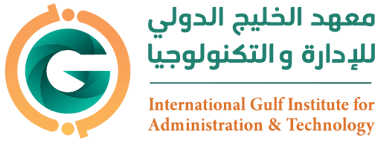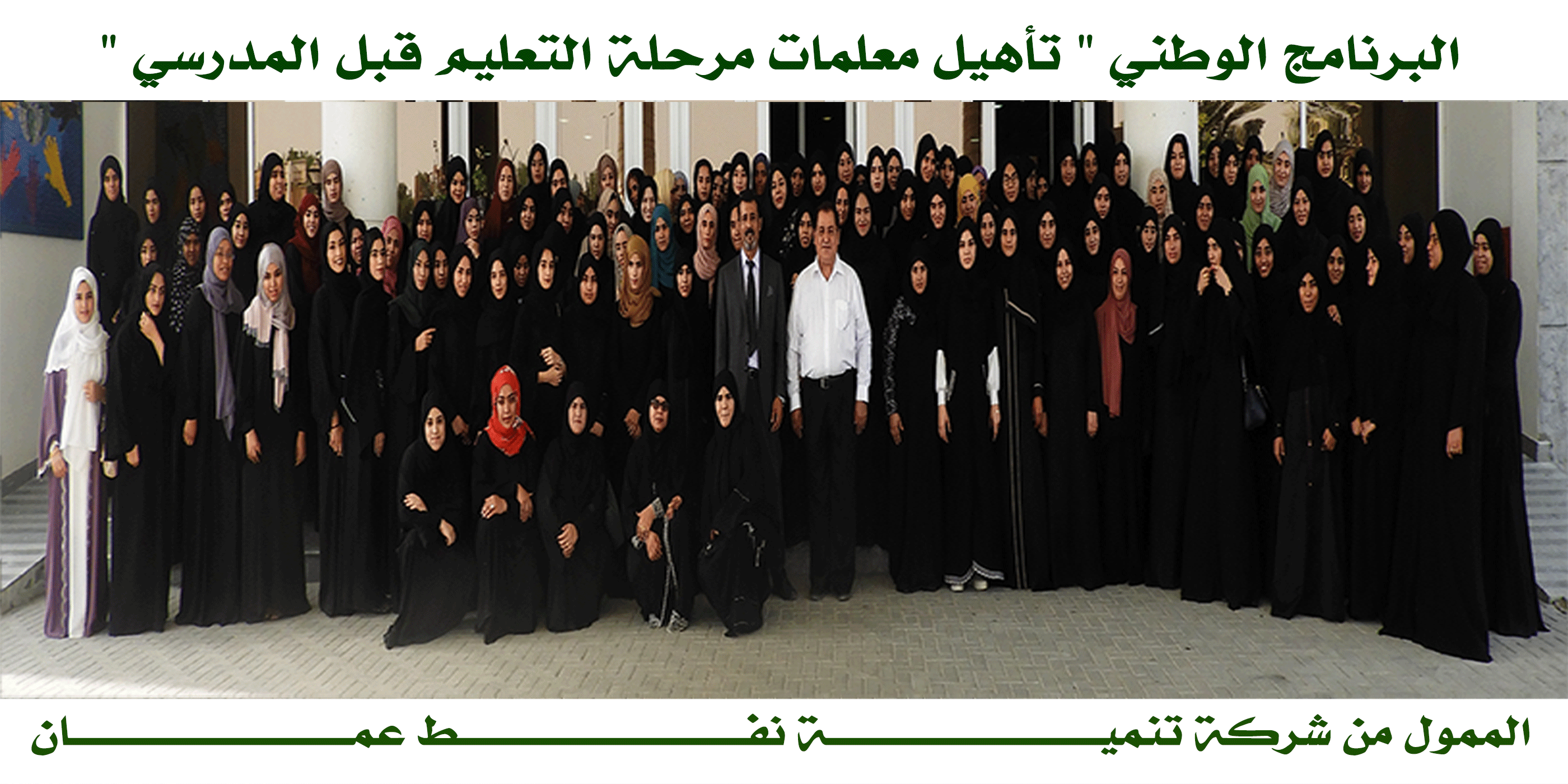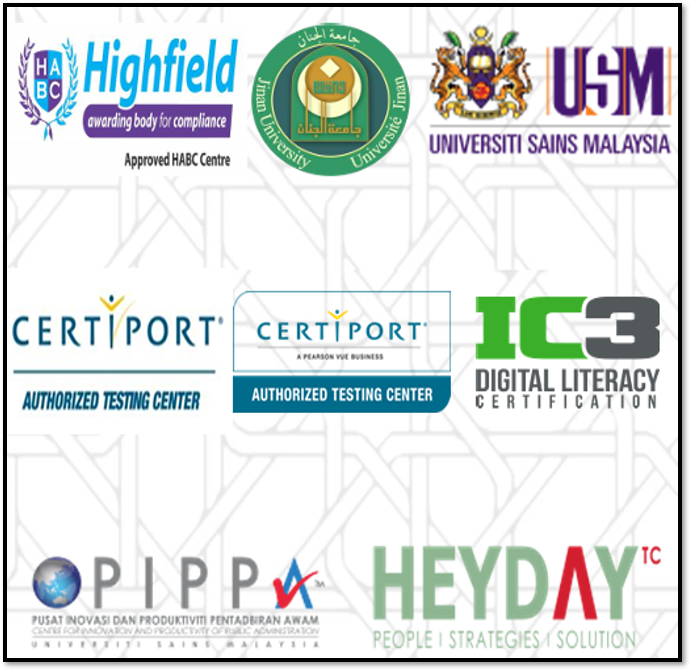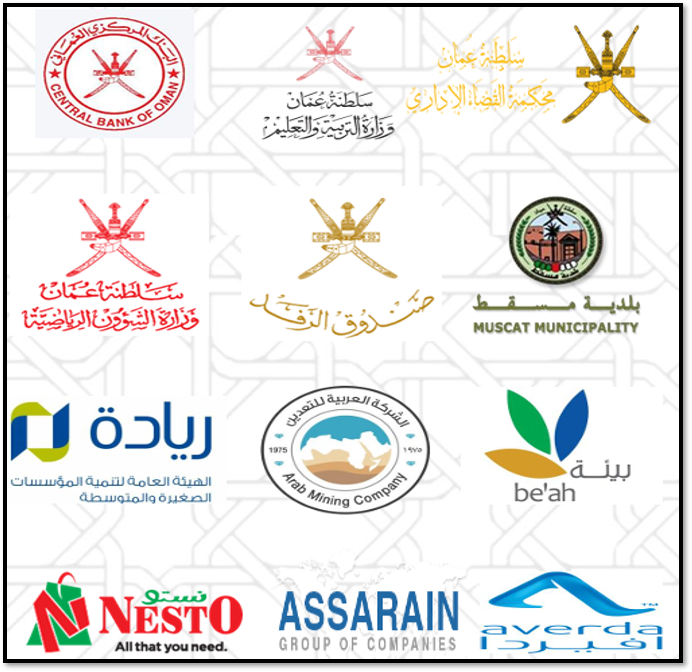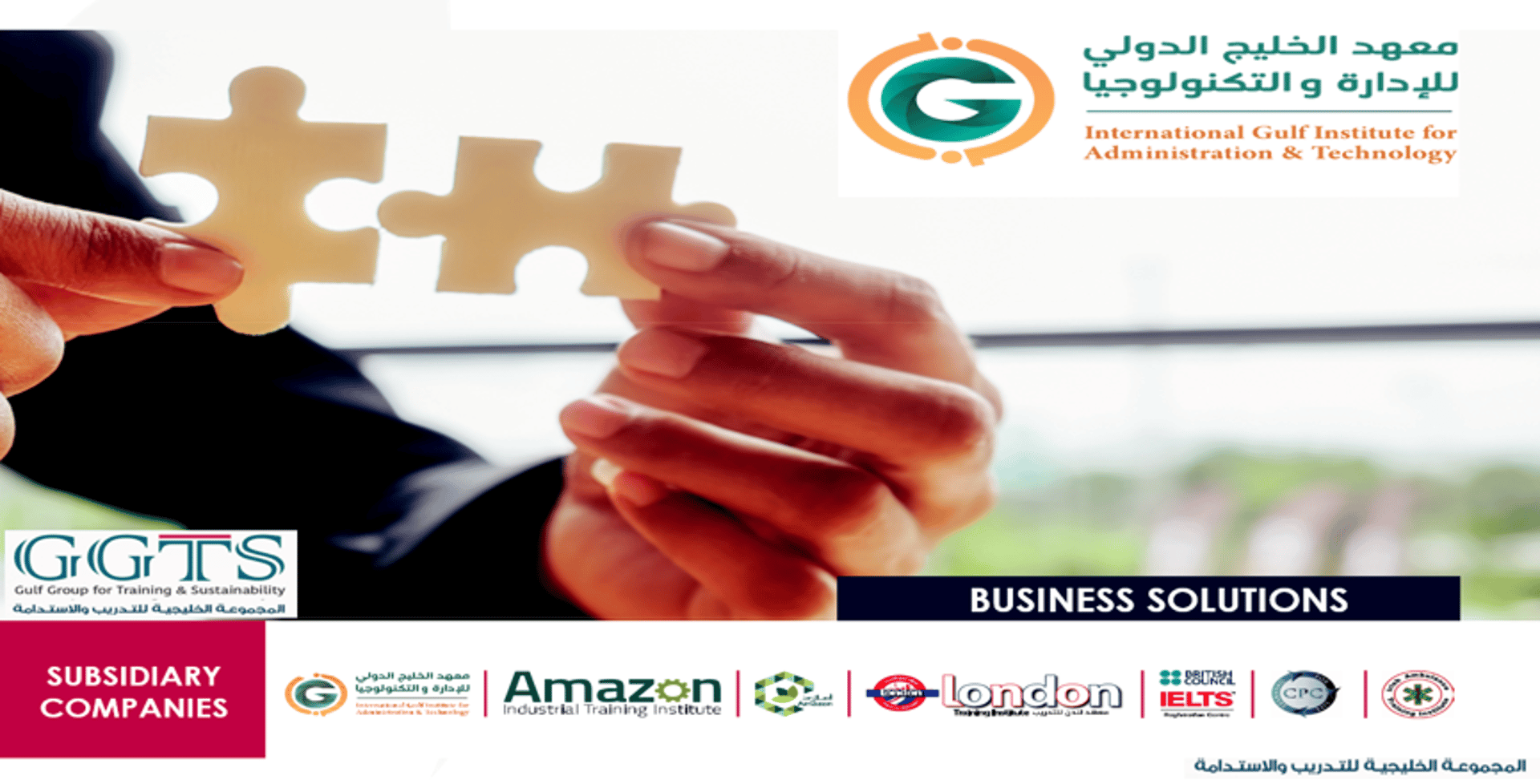
The International Gulf Institute for Administration and Technology has transcended conventional vocational education. By embedding Oman's economic imperatives, technological ambitions, and social aspirations into its operational DNA, IGI exemplifies how targeted human capital investment can transform resource economies. As Sultan Haitham bin Tarik noted in the 2040 Progress Report, "Oman's greatest resource lies not underground, but in the intellect and diligence of its people." With 17,000+ professionals trained since 2016, In the preschool education sector 2018- 2019, we have provided this sector with more than 1,700 qualified kindergarten teachers equipped with the latest theories in learning and modern teaching methods across all governorates, supported by the Ministry of Education and funded by Petroleum Development Oman (PDO), the primary supporter of training linked to employment in the Sultanate of Oman, with oversight and executive supervision by the Omani Oil Services Association 'OAPAL' and a 500% enrollment increase projected by 2030, IGIAT stands as both a catalyst and blueprint for Gulf-wide workforce transformation.

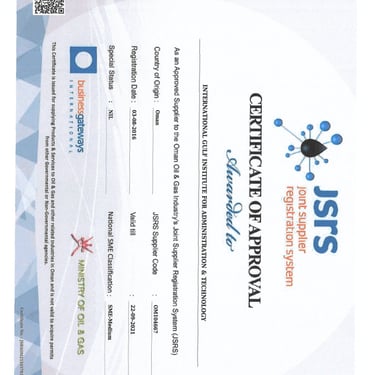
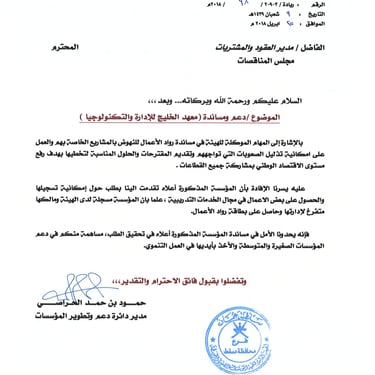
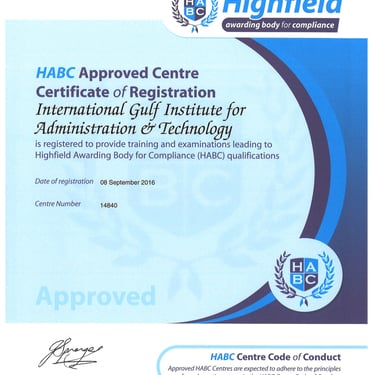
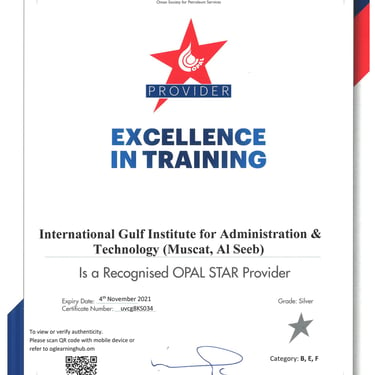
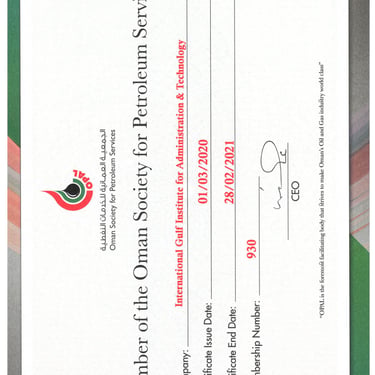
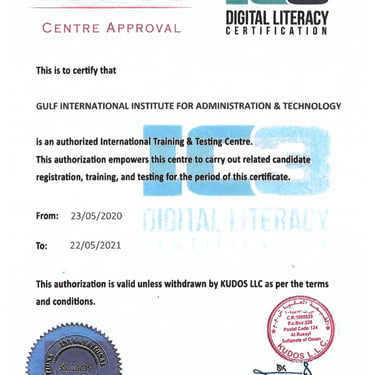
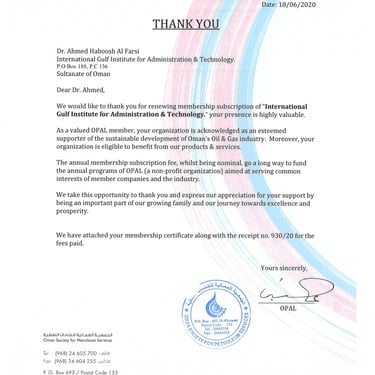
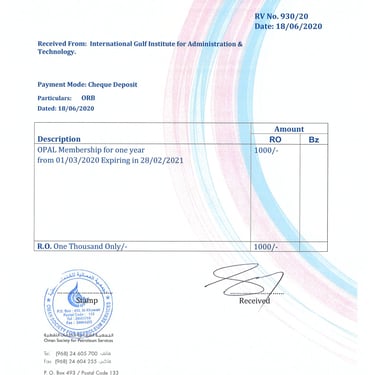
The International Gulf Institute for Administration and Technology has transcended conventional vocational training. By embedding industry needs, technological foresight, and national vision into its DNA, IGIAT exemplifies how targeted education can transform economic vulnerabilities into opportunities. As Sultan Haitham bin Tarik accelerates Oman’s post-oil transition, institutes like IGIAT ensure that the nation’s greatest resource—its people—are equipped to lead the journey toward resilience and innovation, Since its establishment, the International Gulf Institute for Administration and Technology (IGI) has emerged as a cornerstone of Oman’s human capital development strategy. Founded against the backdrop of Oman’s urgent need to diversify its economy and empower its youth, IGI’s mission since 2016 has focused on bridging the skills gap in critical sectors—administration and technology—while advancing the Sultanate’s broader socioeconomic goals under Vision 2040.
Oman’s economy historically relied on hydrocarbons, which accounted for ~40% of GDP, leaving it vulnerable to oil price volatility. By 2022, youth unemployment reached 13% (26% among young women), highlighting systemic labor market misalignment 310. Simultaneously, Oman’s Vision 2040—launched formally in 2021—prioritized transitioning to a knowledge-based economy, demanding skilled nationals in technology, administration, and innovation 311. IGIAT was conceived to address these dual challenges by:
Reducing dependency on expatriate labor (which comprised 40% of Oman’s population in 2022 10).
Equipping Omani graduates with future-ready skills aligned with private-sector needs 214.
II. IGI’s Multidimensional Mission Framework
A. Industry-Linked Training Programs
IGI’s flagship initiative—“Training-for-Employment” (TFE)—exemplifies its practice-oriented approach. In partnership with leading enterprises like Daleel Petroleum, IGI co-designs intensive programs targeting unemployed graduates. For example:
A landmark 2019 agreement with PDO funded training for More than 1150 female holders of the high school diploma have qualified as kindergarten teachers under the supervision of the Ministry of Education and the monitoring of Opal..
A landmark 2020 agreement with Daleel funded training for 50 Omani university graduates in oil/gas sector specializations, combining technical instruction with guaranteed employment pathways 214
Curriculum emphasizes digital literacy, project management, and sector-specific technologies, ensuring immediate workplace relevance 12.
B. Technological Upskilling for Digital Oman
Aligned with Oman’s Digital National Strategy, IGI integrates cutting-edge tech education into its core offerings:
Certification courses in AI, blockchain, cybersecurity, and data analytics, supporting national priorities like cybersecurity resilience (Oman ranks #1 in the GCC in cybersecurity preparedness 11).
Partnerships with global bodies (e.g., BCS, MISU, BNU) to deliver internationally recognized qualifications .
C. Entrepreneurship and SME Ecosystem Development
Beyond traditional employment, IGIOMAN fosters self-employment through:
Incubation services and the “My Omani Project” initiative, providing training in business planning, e-marketing, and feasibility studies.
E-bazaar platforms enabling graduates to market products/services digitally.
Table: IGIOMAN Strategic Training Pillars (2016–2025).
